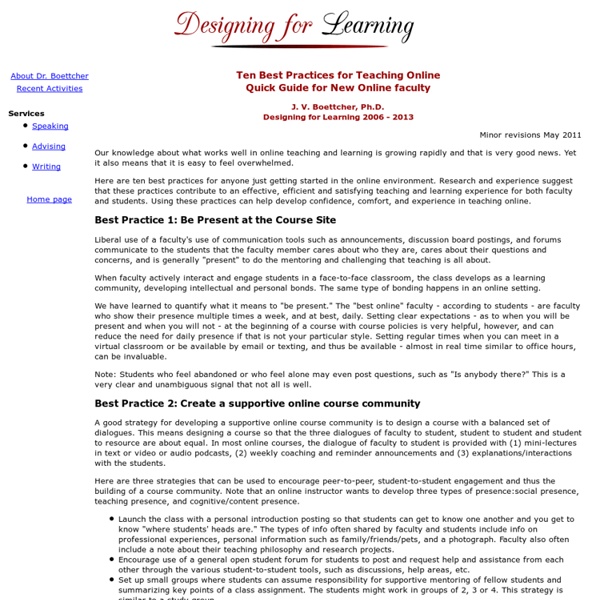Bloomin' Apps
This page gathers all of the Bloomin' Apps projects in one place.Each image has clickable hotspots and includes suggestions for iPad, Android, Google and online tools and applications to support each of the levels of Bloom's Revised Taxonomy.I have created a page to allow you to share your favorite online tool, iOS, or Android app with others. Cogs of the Cognitive Processes I began to think about the triangular shape of Bloom's Taxonomy and realized I thought of it a bit differently.Since the cognitive processes are meant to be used when necessary, and any learner goes in and out of the each level as they acquire new content and turn it into knowledge, I created a different type of image that showcased my thoughts about Bloom's more meaningfully.Here is my visual which showcases the interlocking nature of the cognitive processes or, simply, the "Cogs of the Cognitive Processes". IPAD APPS TO SUPPORT BLOOM'S REVISED TAXONOMYassembled by Kathy Schrock Bloom's and SAMR: My thoughts
EdTechLeaders: Online Workshop Facilitation Guide
Online Workshop Facilitation GuideDeveloped by EDC's Center for Online Professional Education Facilitator Roles and Strategies | Expectations for Participants Facilitator Roles and Strategies Online course facilitators, like classroom teachers, play a variety of roles. In the online medium, it is possible to divide the roles among several people. Whether or not there will be one or more people responsible for the online course, it is helpful to consider all of the various roles and strategies that go into successful online facilitation.
Applying the Seven Principles for Good Practice to the Online Classroom
Almost 25 years have passed since Chickering and Gamson offered seven principles for good instructional practices in undergraduate education. While the state of undergraduate education has evolved to some degree over that time, I think the seven principles still have a place in today’s collegiate classroom. Originally written to communicate best practices for face-to-face instruction, the principles translate well to the online classroom and can help to provide guidance for those of us designing courses to be taught online. 1.
History of Search Engines - Chronological List of Internet Search Engines (INFOGRAPHIC)
Below is a visual history of "search" and search engines; hopefully it's both a trip down memory lane and a useful resource for anyone looking to learn a bit more about the history of Internet search engines. If you like the graphic or find it useful you're welcome to embed the image on your own site, link to it, or give it a Digg/Stumble/Etc. Without further fanfare, we present to you WordStream's search engine history timeline. The History of Search Engines
The Teaching Professor Newsletter
Timely, practical advice for today’s college faculty In 1987 The Teaching Professor was founded with a simple goal in mind: create a newsletter that helps college faculty improve their teaching, share best practices, and stay current on the latest pedagogical challenges and trends. Since that time The Teaching Professor has become a trusted source for tens of thousands of educators who are committed to creating a better learning environment. Each issue delivers thought-provoking and actionable advice on a wealth of critical topics, including:
Search Engines
Tips for Using Search Engines When you are unable to find the information you need on any of the recommended web sites, it is always possible to do your own search using one of the popular search engines. No two search engines index the web in exactly the same way, so it is important to try several before abandoning your search.
Getting Over Student Learning Styles Theory
December 6, 2012 By: Larry D. Spence, PhD in Learning Styles
Taking Technology to the Classroom: Pedagogy-Based Training for Educators
Note: This article was originally published in The Technology Source ( as: David P. Diaz "Taking Technology to the Classroom: Pedagogy-Based Training for Educators" The Technology Source, November/December 2001. Available online at The article is reprinted here with permission of the publisher. Instructors at a small community college were excited after hearing my presentation on the instructional uses of technology.
Private Label - K-12 Education
Why choose Wikispaces Campus? Easy to set up It all starts with a no-obligation, full-featured, 30-day trial. Right away, you can set up integration with many popular systems, including Blackboard, Google Apps, Moodle, and Sakai.
IMPLEMENTING THE SEVEN PRINCIPLES - Chickering and Ehrmann
For more teaching ideas, workshop materials and evaluation ideas, go to IMPLEMENTING THE SEVEN PRINCIPLES: Technology as Lever by Arthur W. Chickering and Stephen C.
700 Free Online Courses from Top Universities
Advertisment Take online courses from the world’s top universities for free. Below, you will find 1,700 free online courses from universities like Stanford, Yale, MIT, Harvard, Oxford and more.
Why Integrate Technology into the Curriculum?: The Reasons Are Many
VIDEO: An Introduction to Technology Integration Running Time: 5 min. Technology is ubiquitous, touching almost every part of our lives, our communities, our homes. Yet most schools lag far behind when it comes to integrating technology into classroom learning.



